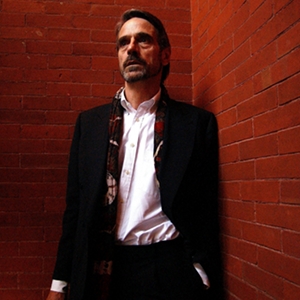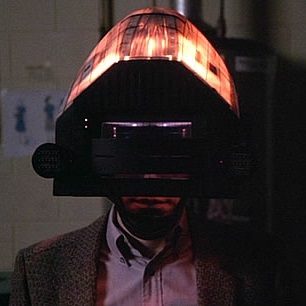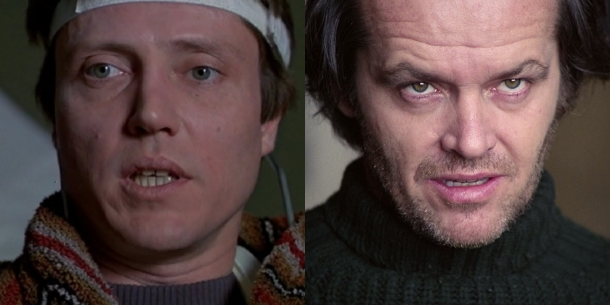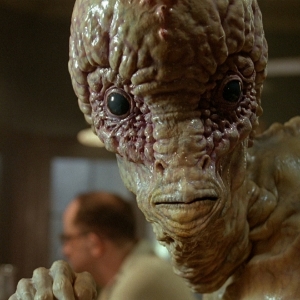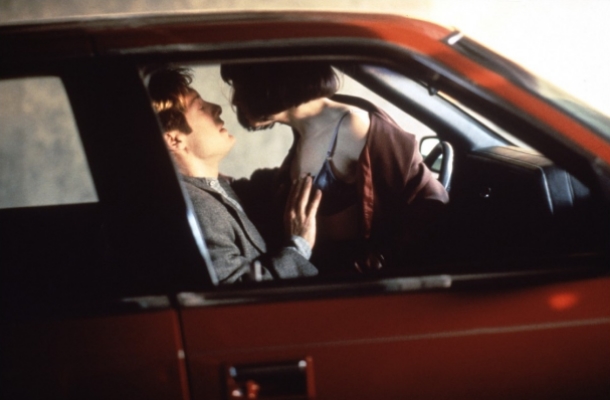
TIFF’s From Within - The Films of David Cronenberg Review: Crash (1996) - NP Approved
David Cronenberg’s Crash immerses us in a world where dispassionate lovers seek new thrills to bring something tangibly gratifying into their unfulfilled existence. Based on the 1973 novel by J.G. Ballard, Cronenberg’s film brazenly collides the western world’s secret fixations while exploring his own preoccupations with the corruption and enhancements of the human body through technological accoutrements, cold contrivances that ultimately rob us of that which makes us human. The dystopian vision of Toronto in which Crash takes place is a concrete wasteland of bustling traffic, and automobiles extend into infinity in every perceivable direction, hiding the face of humanity in steel behemoths that act as secret sanctuaries to the apathetic passengers of life’s freeways.

